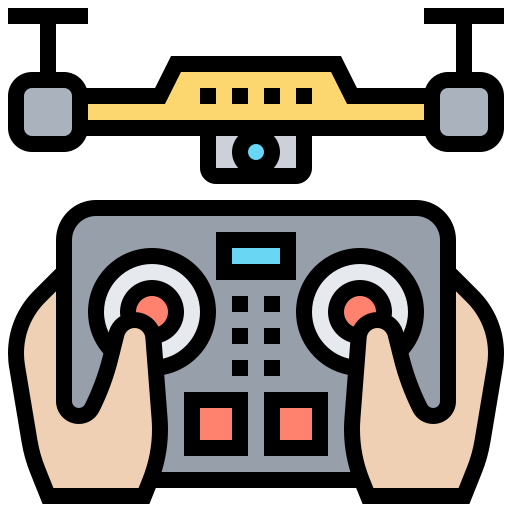In the ever-evolving world of technology, drones have emerged as a popular tool for photography, videography, and even agricultural purposes. However, with great innovation comes great responsibility, leading to the need for drone pilots to obtain a ”drone vliegbewijs”, or drone license. Let’s delve into the world of drone certification and understand why it’s become a crucial aspect of drone operation in today’s society.
Understanding the Importance of Drone Piloting License
Obtaining a drone pilot license is crucial for individuals looking to operate drones commercially or for recreational purposes. This license ensures that drone operators have the necessary knowledge and skills to safely navigate drones in various environments. With a drone pilot license, operators are more likely to comply with regulations and avoid potential accidents or legal issues.
Having a drone pilot license also opens up more opportunities for drone pilots to work in industries such as aerial photography, filmmaking, agriculture, and more. Employers are more likely to hire licensed drone pilots who have demonstrated their competence and commitment to safe drone operation. Additionally, holding a drone pilot license can give operators a sense of pride and accomplishment in mastering the skills required to operate drones safely and effectively.
Benefits of Obtaining a Drone Flying Certificate
Receiving a drone flying certificate comes with a variety of advantages that can significantly enhance your drone piloting experience. One of the key benefits is the opportunity to demonstrate your competence and commitment to safety in operating drones. By obtaining a drone flying certificate, you showcase your dedication to following regulations and guidelines set forth by aviation authorities.
Additionally, having a drone flying certificate can open up new opportunities for you in various industries. Many businesses and organizations require drone pilots to be certified before they can work on projects. With this certification, you can pursue career opportunities in fields such as aerial photography, videography, mapping, agriculture, and more. obtaining a drone flying certificate can not only improve your skills as a drone pilot but also broaden your career prospects.
Tips for Successful Drone License Application
When applying for your drone license, there are a few important tips to keep in mind to ensure a successful application process. Here are some key points to consider:
- Prepare all required documentation, such as proof of identity, training certificates, and insurance documents.
- Double-check that your drone meets all the necessary specifications and requirements set by the aviation authority.
- Complete any required training or exams to demonstrate your knowledge and proficiency in operating a drone safely.
Additionally, it is crucial to familiarize yourself with the drone regulations in your area to avoid any potential issues during the application process. Be sure to submit your application well in advance to allow for any unexpected delays or additional requirements that may arise. By following these tips and staying organized throughout the process, you can increase your chances of obtaining your drone license efficiently and without any complications.
| Tip | Description |
|---|---|
| 1 | Prepare all required documentation |
| 2 | Check drone specifications and requirements |
| 3 | Complete necessary training or exams |
Exploring the Regulations and Requirements for Drone Pilot Certification
When it comes to obtaining a drone pilot certification, there are certain regulations and requirements that aspiring drone pilots must be aware of. One key regulation is the need to pass the FAA Part 107 exam in the United States in order to legally operate a drone for commercial purposes. This exam covers various topics such as airspace regulations, weather patterns, and emergency procedures.
Additionally, drone pilots must also adhere to specific requirements set forth by their country’s aviation authority. These requirements may include age restrictions, insurance mandates, and registration guidelines. By understanding and following these regulations and requirements, drone pilots can ensure they are operating their drones safely and legally.
Key Takeaways
As we navigate the rapidly evolving world of drone technology, obtaining a drone vliegbewijs (or pilot’s license) is a crucial step towards safe and responsible flying. By understanding the regulations and requirements involved, we can ensure that our skies remain clear and our use of drones remains beneficial for all. So, whether you’re a seasoned hobbyist or a newcomer to the world of drones, let’s take flight with knowledge and caution as our guiding principles. Fly safe, fly smart, and happy flying!
